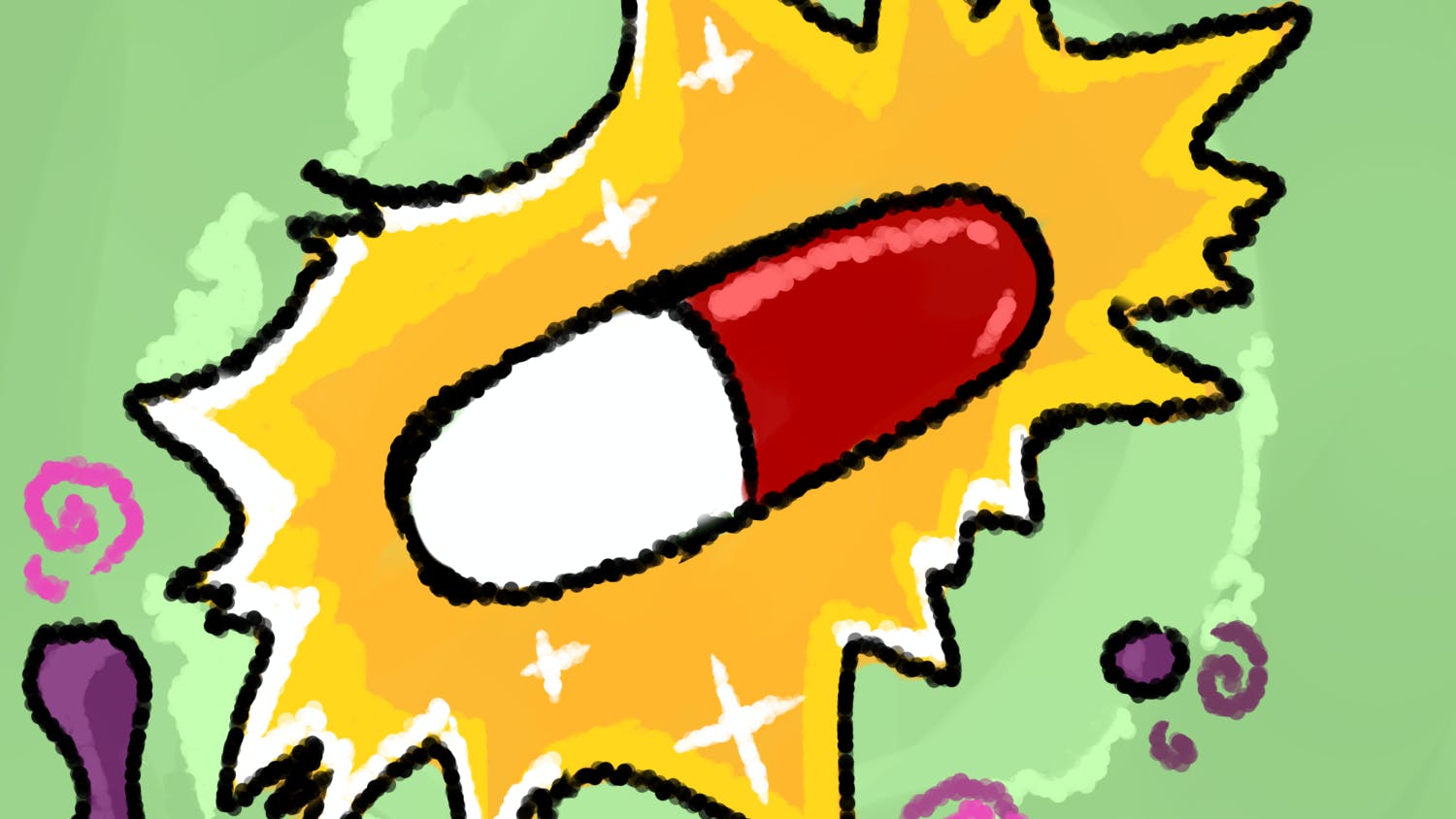Plants get sick just like humans, and these diseases cost the U.S. $220 billion per year. Despite this, plant pathology, the study of plant diseases, is relatively unknown to the general public. A decade old campus club at the University of Wisconsin-Madison, however, is connecting plant pathology and research to the general public — one event at a time.
What’s Eating My Plants (WEMP) was established in 2012 by then graduate students Dr. Alejandra Huerta and Dr. Ana Cristina Fulladosla Palma with the goal of bringing public outreach to UW-Madison's plant pathology department.
“We know that the Wisconsin idea is to make what we do translational, not just a harbor of information that no one else in the world knows,” said Mariama Carter, current WEMP chairperson and fifth year plant pathology PhD student. “[The founders] wanted to take their expertise as PhD students and make that accessible and understandable to the community.”
These principles of outreach and education have remained core to WEMP’s mission in the decade since its founding. The club focuses on three methods of outreach: event outreach, classroom activities and social media engagement.
At events, WEMP uses tactile learning tools to engage kids and parents, letting them visualize microbes and look through the lens of microscopes. These activities help introduce kids to plants and plant diseases — such as how potatoes are grown from tubers and not seeds, or that a moldy strawberry is a sick strawberry. These outreach events also encourage kids to broaden their horizons and see themselves as future scientists.
“We hope that when we go to events with kids we can promote their self identity and efficacy in science, and so they can say ‘Oh if they're doing that, then I can do that too,’” Carter commented.
During classroom activities, WEMP members create lesson plans with specific learning goals, working with students to broaden their understanding of botany and plant pathology. This opportunity provides members with opportunities to learn and grow as teachers and educators while also connecting with their local community.
Social media engagement is a growing part of WEMP’s outreach tools, primarily focused on their website and YouTube. Through their website, the club provides teachers and parents with slides and at-home activities to teach kids about plant pathology. One of their at-home science activities, featuring plant vasculator coloring pages connected to a Magic School Bus episode, was featured by the American Phytopathological Society.
Over the past decade, WEMP has become the unofficial face of UW-Madison plant pathology. By committing to outreach and education, WEMP is pushing the entire plant pathology community to be better communicators. A lack of science communication in all STEM fields, from agriculture to medicine, has promoted a distrust of science and scientists. By employing diverse outreach methods alongside enthusiasm for science, WEMP hopes to foster connections and trust between the community and scientists.
Alongside community outreach and education, WEMP is also committed to promoting diversity within plant pathology.
“This organization is introducing people to an entire field they didn’t realize existed. And not just that this field exists, but that there are people that look like us,” Carter said. “We are a diverse organization started by people of color who are in agriculture, which is a field that has a hard time recruiting people of color. Even if [certain ethnicities] aren’t underrepresented in STEM, they are underrepresented in agriculture.”
This school year, WEMP is looking to add more undergraduate students to their roster. Though the club is historically made up of graduate students, WEMP wants every type of student, regardless of education, ethnicity or religion, to feel represented and supported in agriculture and plant pathology.
“There is no one phenotype in science and there's no one phenotype of scientist,” Carter commented. “There’s a place for you in agriculture, which has been a field that has benefited from margnilizing, raping pillaging and brutalizing people of color.
“We exist here,” Carter concluded.






